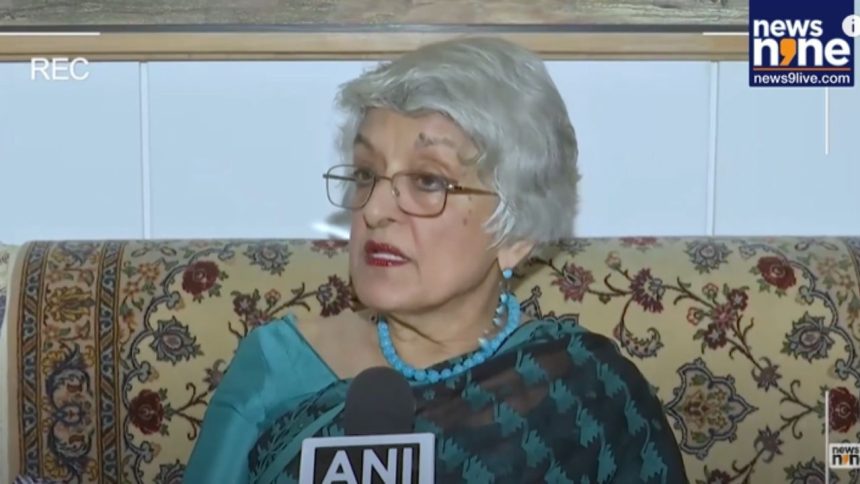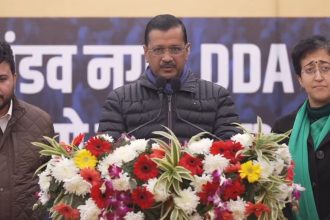New Delhi: Veena Sikri, a former Indian High Commissioner to Bangladesh, has cast doubt on the legitimacy of the interim government’s plan to hold national elections in April 2026. Her concerns, echoed by various political factions and observers, highlight a complex situation involving constitutional legality, political opposition, and potential democratic backsliding.
The interim administration, led by Nobel laureate Muhammad Yunus, announced the election date without significant consultation with key political parties. The Bangladesh Nationalist Party (BNP) publicly voiced its opposition, advocating for elections to be held much sooner, by December 2024. This unilateral decision by the interim government directly contradicts Sikri’s assertion that the Bangladeshi constitution does not provide for such an interim government to exercise the power of setting election dates or implementing significant reforms. She argues that only a legitimately elected government possesses this authority.
Adding further weight to the controversy, the Chief of Army Staff, General Wakaru Zaman, publicly expressed his support for holding elections by December 2024. While the army has yet to formally comment on the interim government’s election timetable, the discrepancy between the army’s position and the interim government’s plan indicates a significant rift within the nation’s power structures.
The interim government’s decision to ban the Awami League, Bangladesh’s largest political party, further exacerbates the situation. This move raises significant doubts about the fairness and inclusivity of the planned elections. The Awami League holds a substantial voter base, and its exclusion severely undermines the principles of free and fair elections.
Reports from human rights organisations, such as a Delhi-based group that has filed a report with the International Criminal Court, indicate a pattern of violence against Awami League members, adding to concerns about the political climate. These reports detail instances of killings and brutal attacks, allegedly orchestrated with the knowledge of the interim government.
The conflicting statements, political manoeuvres, and reports of violence paint a concerning picture of the current situation in Bangladesh. The legitimacy of the interim government and the fairness of the upcoming elections remain in serious question, prompting international scrutiny and raising fears of democratic erosion within the nation.










